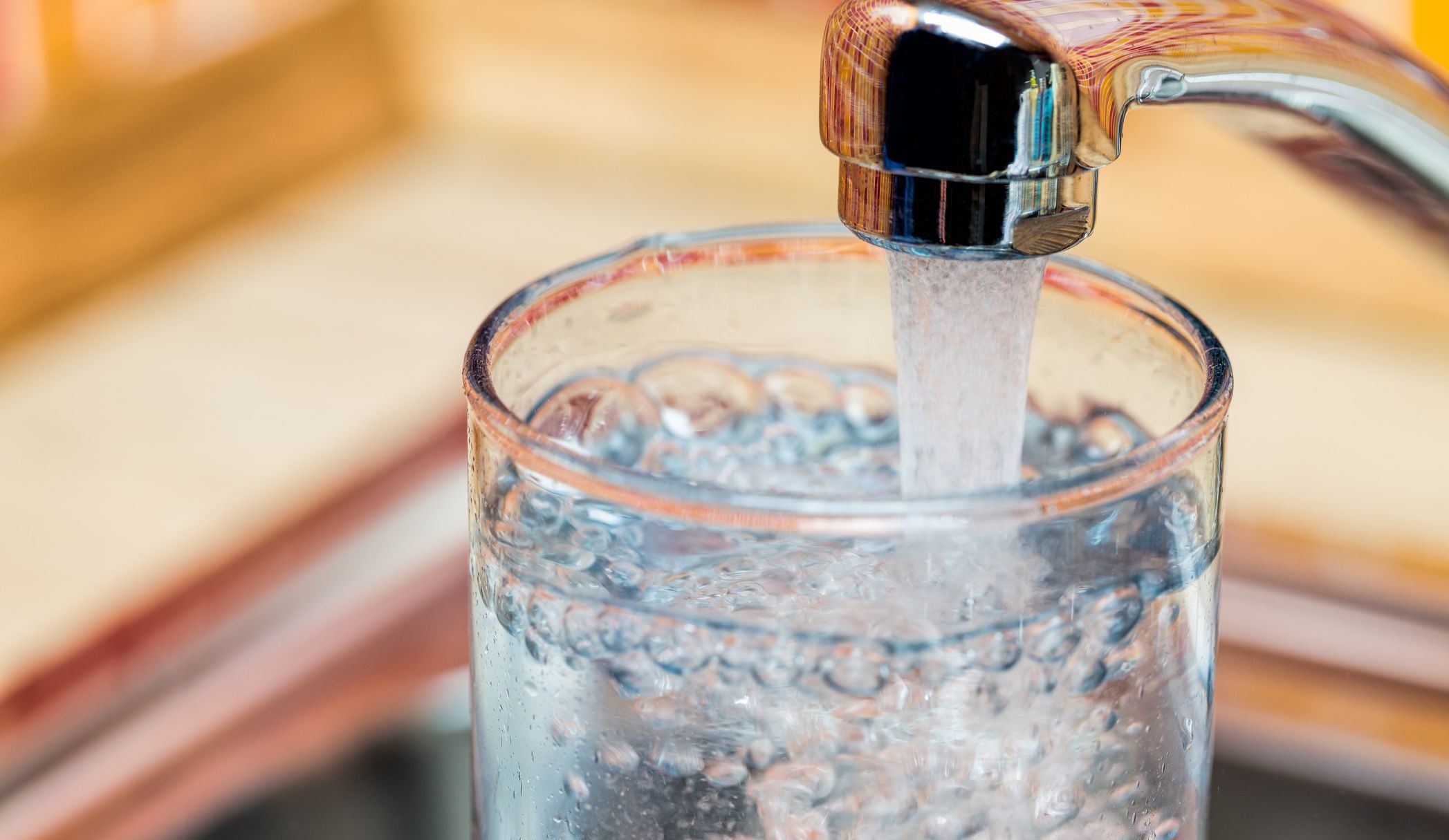During a national virtual gathering focused on protecting water in uncertain times, hosted by the Assembly of First Nations (AFN), a committee of Knowledge Keepers representing First Nations from coast to coast to coast delivered the following statement:
“Water is life. Access to safe drinking water is a basic human right.
It flows through all of us. Through plants and animals. It is our lifeblood, essential to our sustenance and survival.
Why then is water inaccessible for so many First Nations? There are currently 59 long-term drinking water advisories in 41 First Nations across Canada, some of which have been active for more than 20 years. How can Government of Canada continue to neglect our peoples and nations, our children, and families? Situations like those in Neskatanga First Nation, Shoal Lake No.40 First Nation, and Eabametoong First Nation would be unacceptable in an urban center in Canada. Is there a reason, then, that decades’ long advisories are a reality for First Nations?
As Bedahbun Moonias from Neskatanga First Nation said, “Sometimes I feel like we don’t exist…we’re just ghosts put away in a drawer.”
Just as our ancestors and grandmothers have performed water ceremonies since time immemorial, First Nations have understood that water is sacred and must be protected, appreciated, and honoured. Water is what connects all facets of our lives as First Nations peoples. It is in our traditional ways of hunting and fishing. It is in our ceremonies and in our songs. Without clean water, the fabric of our culture will surely collapse. The poison that infects our water chains us to failure, to declining health, and to lives that will always be tied to danger.
First Nations peoples have the right to clean drinking water as stated in the United Nations Resolution 64/292, Human Right to Water and Sanitation. The Resolution, “[recognizes] the right to safe and clean drinking water and sanitation as a human right that is essential for the full enjoyment of life and all human rights.”
At the Assembly of First Nations (AFN) Annual General Assembly in July 2019, the Chiefs-in-Assembly, through AFN Resolution 53/2019 Human Right to Clean Drinking Water, called on the federal government to “immediately remove bureaucratic barriers and systemic failures in guidelines and policies which lead to the denial of the basic human right to clean drinking water to the residents of Attawapiskat First Nation, and all other First Nation communities who are experiencing similar problems.” […] Yet there are still First Nations being denied access to this right. Canada has failed and continues to fail First Nations in these regards.
We will continue to stand up for our human rights, our treaty rights, and for the protection of Mother Earth’s water. It is our sincere hope that we will not have to fight much longer. Already, the Government of Canada acknowledged that it will not meet its own original deadline of March 2021 to ensure that all First Nations’ drinking water is safe. It is no wonder then that so many First Nations have lost faith in the government’s ability to live up to their word.
Time and time again, First Nations have been united in our hardships. We have had to speak with a united voice in order to be heard and understood by Canada. So again, we ask that First Nations peoples be offered the same treatment as all Canadians. Is there a deeper and more dangerous reason as to why we have been forced to live without this basic right for so long? Is this failure racially based? How can this inaction be allowed to happen?
It is paramount that Canada commits to ending the water crisis faced by First Nations across the country. If this continues to be pushed aside, if First Nations are continually told that their lives hold no value, then we will know for certain that Canada sees us only as ghosts.”









